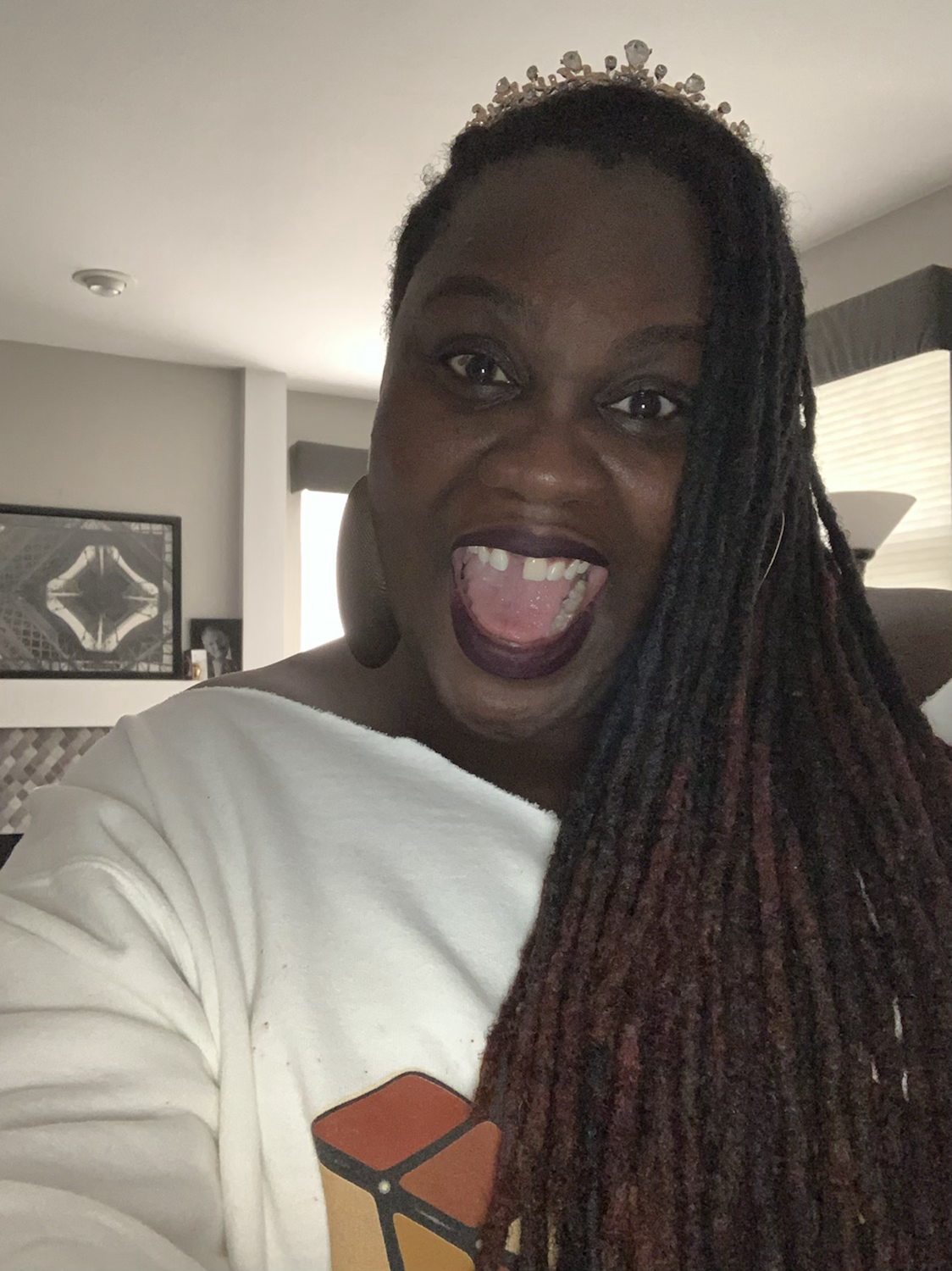Yams and Sweet Potatoes
- Raedell Boateng

- Jul 10, 2021
- 3 min read
About a week ago I tried to cook yam.
In African American culture, yams are aka sweet potatoes and a must have, in the form of a pie, whenever I go "home" to mama. In Ghanaian and other West African culture, yams are a tube, root vegetable and often compared to potatoes because of how you cook them.
But they really are quite different and a testament to the beauty of culture and environment and how food can be so universal but distinct.
First of all, a yam is much harder, denser--much starchier--, and bigger than a potato. The skin is also tough, rough, hard really. But, once you open it and cut it up, from here, the cooking process is actually similar to potatoes. What I did was boil it to soften it and mash it like potatoes, add some oil and butter and seasoning. And let me tell you, after just a little bit, I was out! Sleep came upon me immediately. This dense starchy root friend is better than a sleeping pill or melatonin.
One thing I would like to learn to do with yam is make fufu. Fufu is a staple in many local dishes. It is made from pounded yam. And, yes, contemporary times mean you can go to the store and buy pounded yam flour or use a blender but that sort of thing is kinda frowned upon (mostly by my husband 🙄😅-love him!) and so I really do want to learn to make it. Even if just for the experience.
Check out this video (very short) to see a yam, how it gets "pounded" and turned into fufu.
But now back to sweet potatoes and the other purpose of this post.
In a way, a sweet potato is an African yam. But what we call yam in the U.S. are naturally sweet, small, orangey potato things. And, from reading a blog post related to "High on the Hog" (a new Netflix show that celebrates the awesome history of African American foods), I learned that when the ancestors were brought here, they looked for and tried to grow yams, but the Southern U.S. environment wasn't right for it. So, as a replacement, they started to use (African American) yams, aka sweet potatoes, which actually come from South America originally.
But the word “yam”, which is a variation of Fulani and Twi (this is Kwame’s native language, the language of the Ashanti) words that mean EAT, was such an important cultural experience that they kept the word.
How dope is that?!
I love the transcontinental and beautiful cultural recreation that happened without appropriation!
Unfortunately, I also read that the conflation of yam and sweet potato in the U. S. is because American grocery stores confused yams and sweet potatoes and never bothered to fix or understand the difference of the stories behind them. I wouldn't put it past the white powers that be to not really care to pay attention to the cultural history of these foods.
So both narratives may be true. Either way, the connection between African and American culture is dope. And I love finding these connections. And it's my hope that Kwame and I can travel to all-yes all-the African countries and learn the connections to Western/American culture. Liberia and Ethiopia are top of my list as they are the two nations that are said to have never been under Western/European rule. This both saddens and excited me to learn more. Liberia in particular was the focus of pan Afrincanists such as Marcus Garvey who wanted to repatriate Black Americans back to Africa. I also learned that former U. S. president, James Monroe was in favor of repatriation to African for freed enslaved Black Americans. Yay, right? Nope! It was for selfish reasons. He thought it was better to send “free” Blacks away than having them be “free“ in the good ole U.S. of A. But at least we got something right? (can you hear me rolling my eyes??) Ans Monrovia, the capital of Liberia is named after him. So many contradictions and much to explore.
I’m really starting to embrace this new part of my identity where my American meets my African...both the ancestral Africa of my past and the modern and contemporary African of my present and future...and the America I was raised in as well as the America I am experiencing from a distance.
Too anyone out there actually still reading these, thanks! I enjoy writing them.



Comments